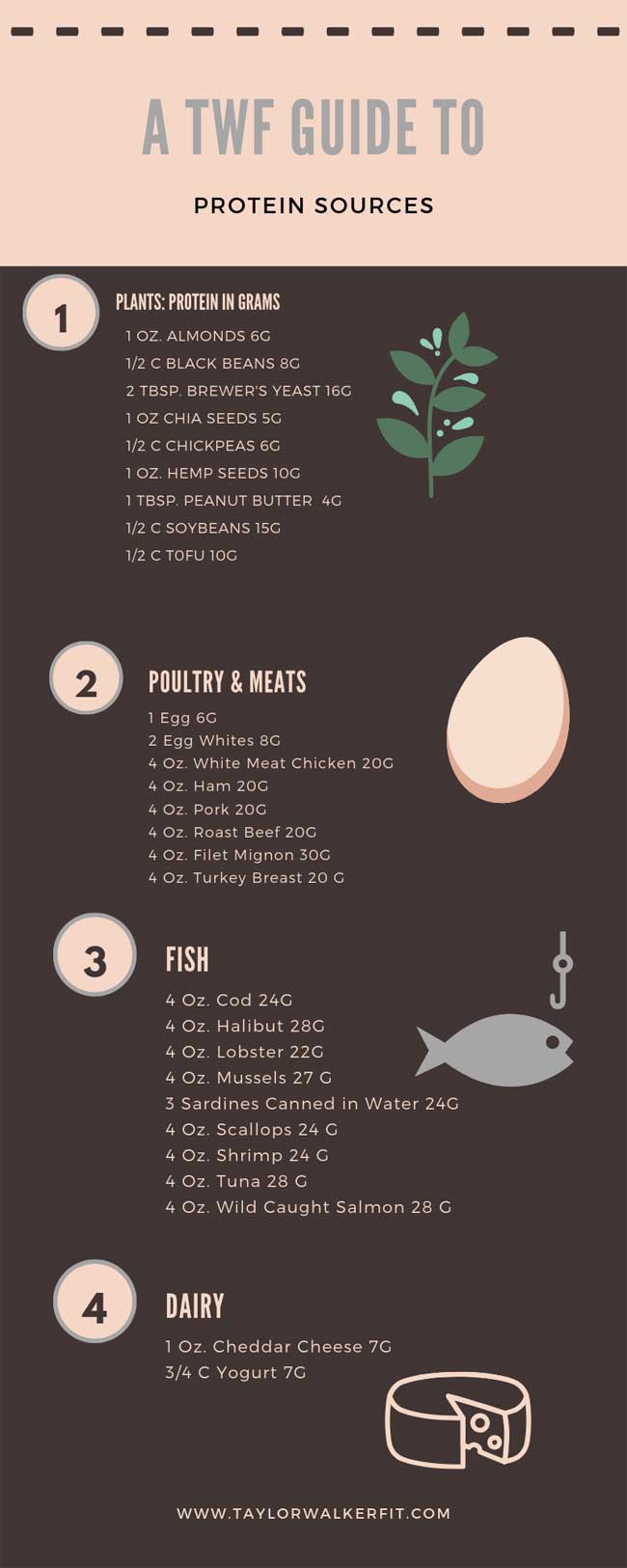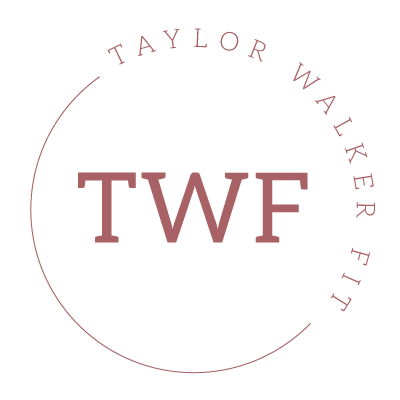
Protein, we need it for everything from cell and muscle repair to healthy skin and hair, but have you ever stopped and thought about how much we actually need to function? Well, research from the Nurse’s Health Study shows that the average American adult, meaning ages 19-30 needs about 50 grams per day. In actuality, many of us consume roughly 91 grams per day. Of course, 50 grams is just an average. We need more or less depending upon our activity level, sex and age. About 1/3 of our diet may safely come from protein and regardless of what you may have heard, protein does not only come from meat and animal products. Plants and seeds have plenty of protein, but plants may need to be combined to create a complete protein (more on that later).
What is Protein
Protein is made up of amino acids. Amino acids are often referred to as “the building blocks of life”. Amino acids contain carbon, oxygen and hydrogen like a carbohydrate, but the addition of nitrogen turns it into a protein molecule. There are 11 nonessential amino acids which mean the body can break them down and put them back together like a puzzle piece to utilize them. There are 9 other essential amino acids that the body cannot make, which means they need to be consumed. Most animal protein such as poultry, eggs, beef, and fish are considered complete proteins. With that said, soybeans, hemp, and quinoa are plant-based sources that are also complete proteins. Foods such as legumes, rice, and beans are incomplete protein but can be combined to create complete proteins. For example, beans and rice are a great source of energy and when combined create a complete protein.
Lately, we have been seeing tons of Keto worshipers and high protein diets like Atkins have tons of fans! There is not enough science-based evidence to back the long-term health benefits, but it has been found that high-protein diets can be hard on the kidneys, leach calcium from bones, cause constipation and can damage organs if followed long-term. With that said, before starting any diet or lifestyle, be sure to discuss your options with a doctor or healthcare provider first.
I wanted to recommend some plant-based and animal protein options and grams of protein in them for you. Feel free to pin or save the image for use later!




Comments 2
I love how scientific this blog post is! It sounds like something I would read in a Nurses Journal. Keep up the good work, my friend!!
Author
You are too sweet! Thank you Heidi!